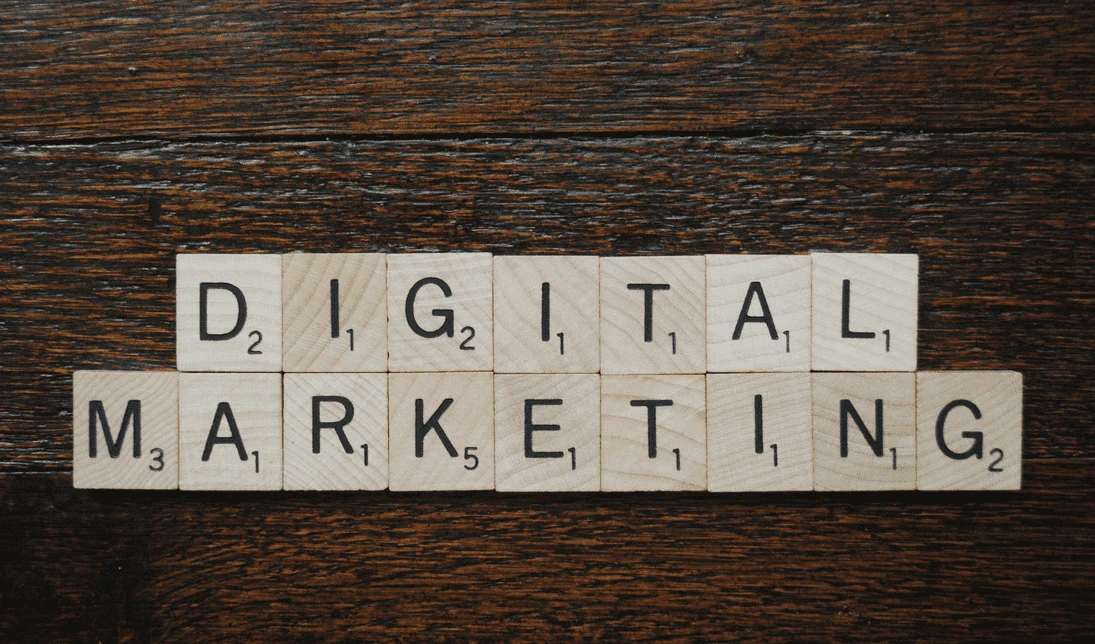Digital marketing refers to the use of digital channels, technologies, and strategies to promote products or services to consumers and businesses. These channels include websites, social media, email, search engines, mobile apps, and other digital platforms.
Key Components of Digital Marketing:
Search Engine Optimization (SEO): Improving a website’s visibility on search engines like Google.
Content Marketing: Creating and sharing valuable content to attract and engage an audience.
Social Media Marketing: Promoting products/services via platforms like Facebook, Instagram, LinkedIn, and X (Twitter).
Email Marketing: Sending personalized messages to a targeted audience to nurture leads or encourage purchases.
Pay-Per-Click Advertising (PPC): Running ads on platforms like Google Ads or social media, paying only when users click.
Affiliate Marketing: Partnering with individuals or companies to promote your product for a commission.
Influencer Marketing: Collaborating with influencers to reach their audience.
Mobile Marketing: Reaching users through mobile devices using SMS, in-app ads, or mobile-friendly websites.
Impact of Digital Marketing on Businesses:
1. Increased Reach and Visibility
Businesses can connect with a global audience, 24/7.
Platforms like Google and Facebook allow for highly targeted marketing.
2. Cost-Effectiveness
Often cheaper than traditional marketing (TV, print, radio).
Suitable for small and medium-sized enterprises (SMEs) with limited budgets.
3. Improved Customer Engagement
Real-time interaction through social media, chatbots, and personalized emails.
Builds customer loyalty and trust.
4. Measurable Results
Tools like Google Analytics provide data on campaign performance.
Helps optimize future marketing efforts.
5. Higher Conversion Rates
Tailored campaigns based on user behavior lead to better engagement and sales.
Retargeting ads help re-engage past visitors.
6. Competitive Advantage
Even small businesses can compete with larger ones if they use the right strategies.
Quick adoption of trends and technology can offer a market edge.
7. Brand Development
Digital platforms help establish and grow a brand’s identity and voice.
Consistent messaging across channels builds recognition.
Conclusion:
Digital marketing has revolutionized the way businesses promote themselves. It enables targeted, measurable, and cost-efficient campaigns that can adapt quickly to market changes. For most businesses today, a strong digital presence is not optional — it's essential for growth and competitiveness.




